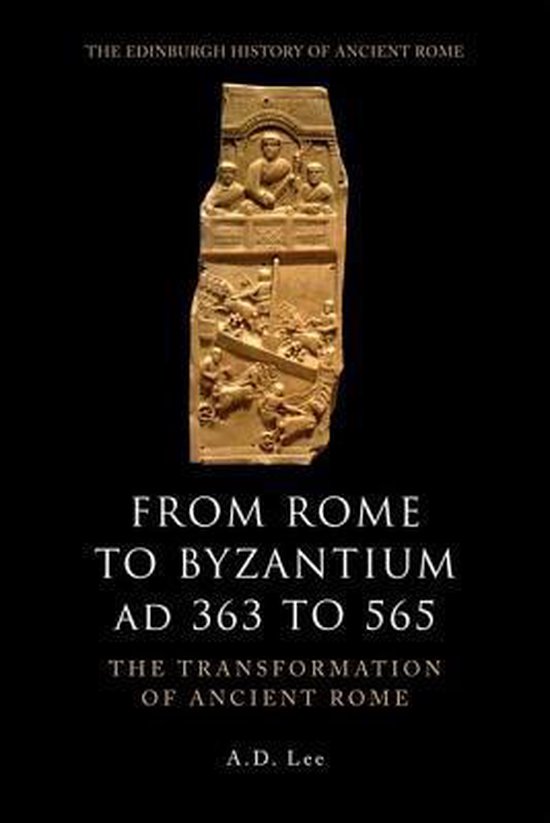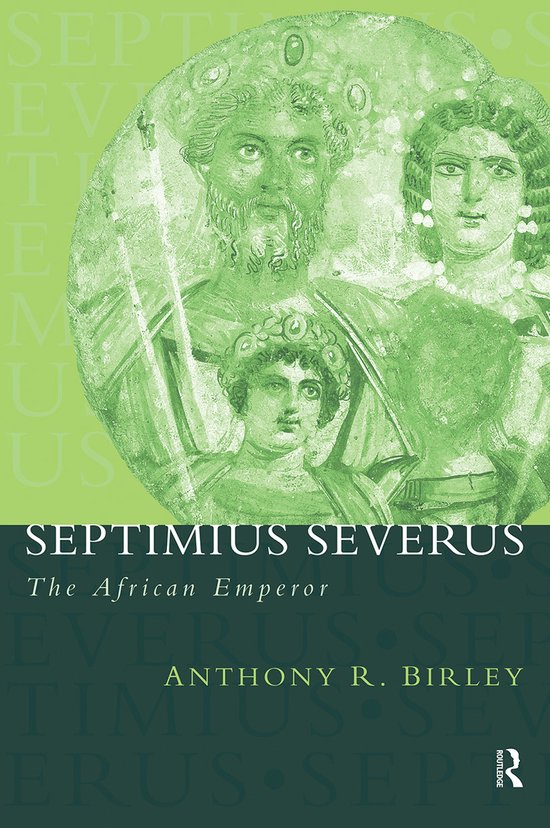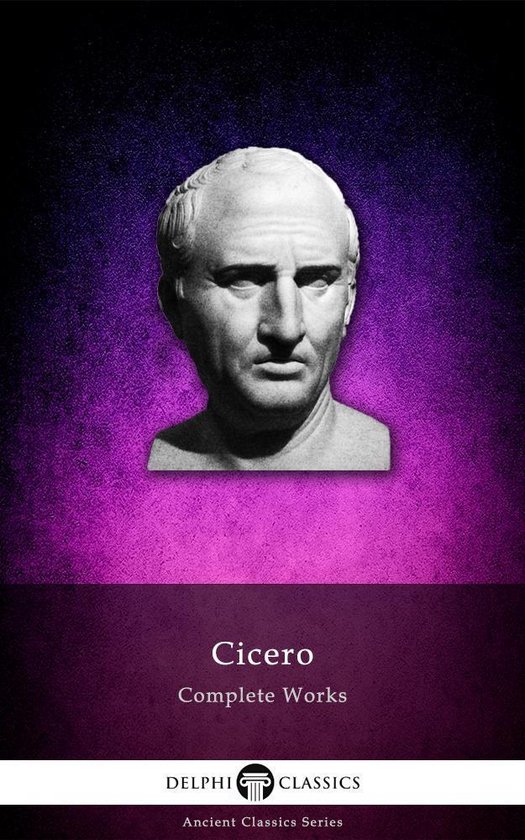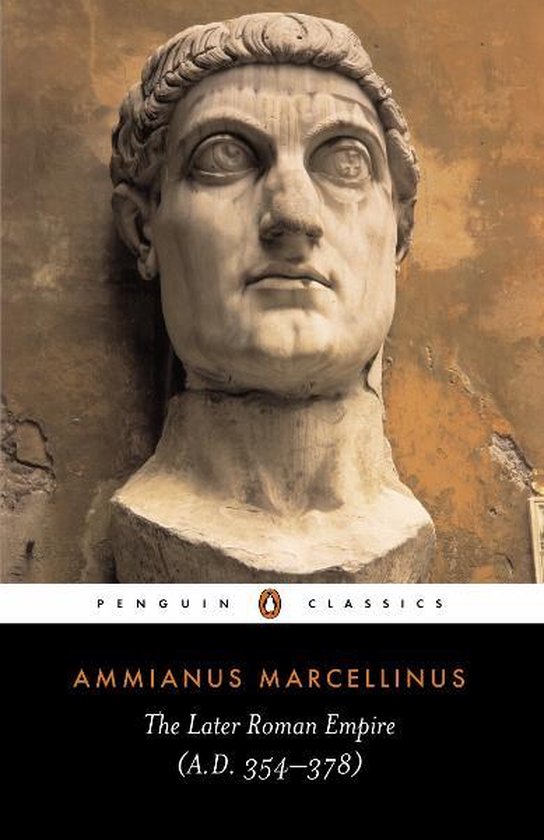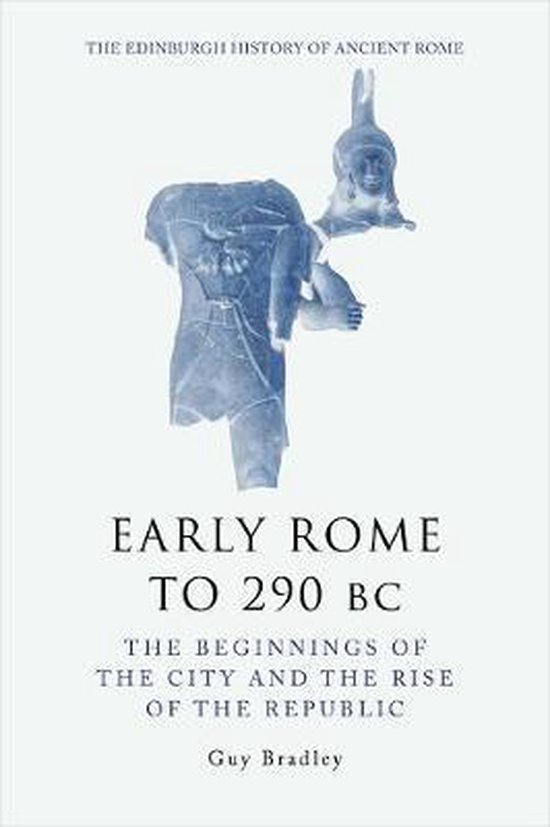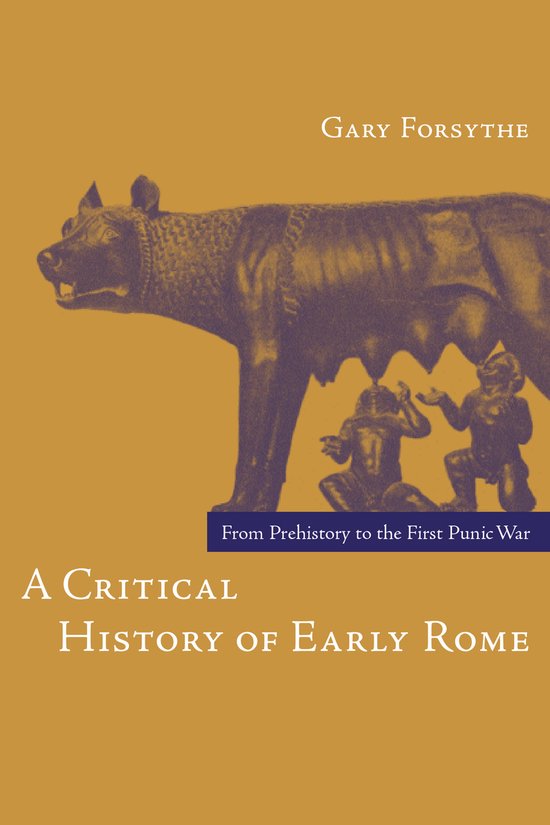
A Critical History of Early Rome
During the period from Rome's Stone Age beginnings on the Tiber River to its conquest of the Italian peninsula in 264 BC, the Romans in large measure developed the social, political, and military structure. This account traces Rome's early development within a multicultural environment of Latins, Sabines, Etruscans, Greeks, and Phoenicians.
"A remarkable book,in which Forsythe uses his thorough knowledge of the ancient evidence to reconstruct a coherent and eminently plausible picture which in turn illuminates early Roman society more immediately than any other category of evidence is able to do. Forsythe displays his impressive ability to demonstrate to what extent and why the tradition that dominates the extant historical narratives is not credible."—Kurt Raaflaub, author of The Discovery of Freedom in Ancient Greece
"An excellent synthetic treatment of early Roman history found in both modern literary and archaeological materials."—Richard Mitchell, author of Patricians and Plebeians
During the period from Rome's Stone Age beginnings on the Tiber River to its conquest of the Italian peninsula in 264 B.C., the Romans in large measure developed the social, political, and military structure that would be the foundation of their spectacular imperial success. In this comprehensive and clearly written account, Gary Forsythe draws extensively from historical, archaeological, linguistic, epigraphic, religious, and legal evidence as he traces Rome's early development within a multicultural environment of Latins, Sabines, Etruscans, Greeks, and Phoenicians. His study charts the development of the classical republican institutions that would eventually enable Rome to create its vast empire, and provides fascinating discussions of topics including Roman prehistory, religion, and language. In addition to its value as an authoritative synthesis of current research, "A Critical History of Early Rome" offers a revisionist interpretation of Rome's early history through its innovative use of ancient sources. The history of this period is notoriously difficult to uncover because there are no extant written records, and because the later historiography that affords the only narrative accounts of Rome's early days is shaped by the issues, conflicts, and ways of thinking of its own time. This book provides a groundbreaking examination of those surviving ancient sources in light of their underlying biases, thereby reconstructing early Roman history upon a more solid evidentiary foundation.
"A remarkable book,in which Forsythe uses his thorough knowledge of the ancient evidence to reconstruct a coherent and eminently plausible picture which in turn illuminates early Roman society more immediately than any other category of evidence is able to do. Forsythe displays his impressive ability to demonstrate to what extent and why the tradition that dominates the extant historical narratives is not credible."—Kurt Raaflaub, author of The Discovery of Freedom in Ancient Greece
"An excellent synthetic treatment of early Roman history found in both modern literary and archaeological materials."—Richard Mitchell, author of Patricians and Plebeians
During the period from Rome's Stone Age beginnings on the Tiber River to its conquest of the Italian peninsula in 264 B.C., the Romans in large measure developed the social, political, and military structure that would be the foundation of their spectacular imperial success. In this comprehensive and clearly written account, Gary Forsythe draws extensively from historical, archaeological, linguistic, epigraphic, religious, and legal evidence as he traces Rome's early development within a multicultural environment of Latins, Sabines, Etruscans, Greeks, and Phoenicians. His study charts the development of the classical republican institutions that would eventually enable Rome to create its vast empire, and provides fascinating discussions of topics including Roman prehistory, religion, and language. In addition to its value as an authoritative synthesis of current research, "A Critical History of Early Rome" offers a revisionist interpretation of Rome's early history through its innovative use of ancient sources. The history of this period is notoriously difficult to uncover because there are no extant written records, and because the later historiography that affords the only narrative accounts of Rome's early days is shaped by the issues, conflicts, and ways of thinking of its own time. This book provides a groundbreaking examination of those surviving ancient sources in light of their underlying biases, thereby reconstructing early Roman history upon a more solid evidentiary foundation.
| Auteur | | Gary Forsythe |
| Taal | | Engels |
| Type | | Paperback |
| Categorie | | Geschiedenis |

